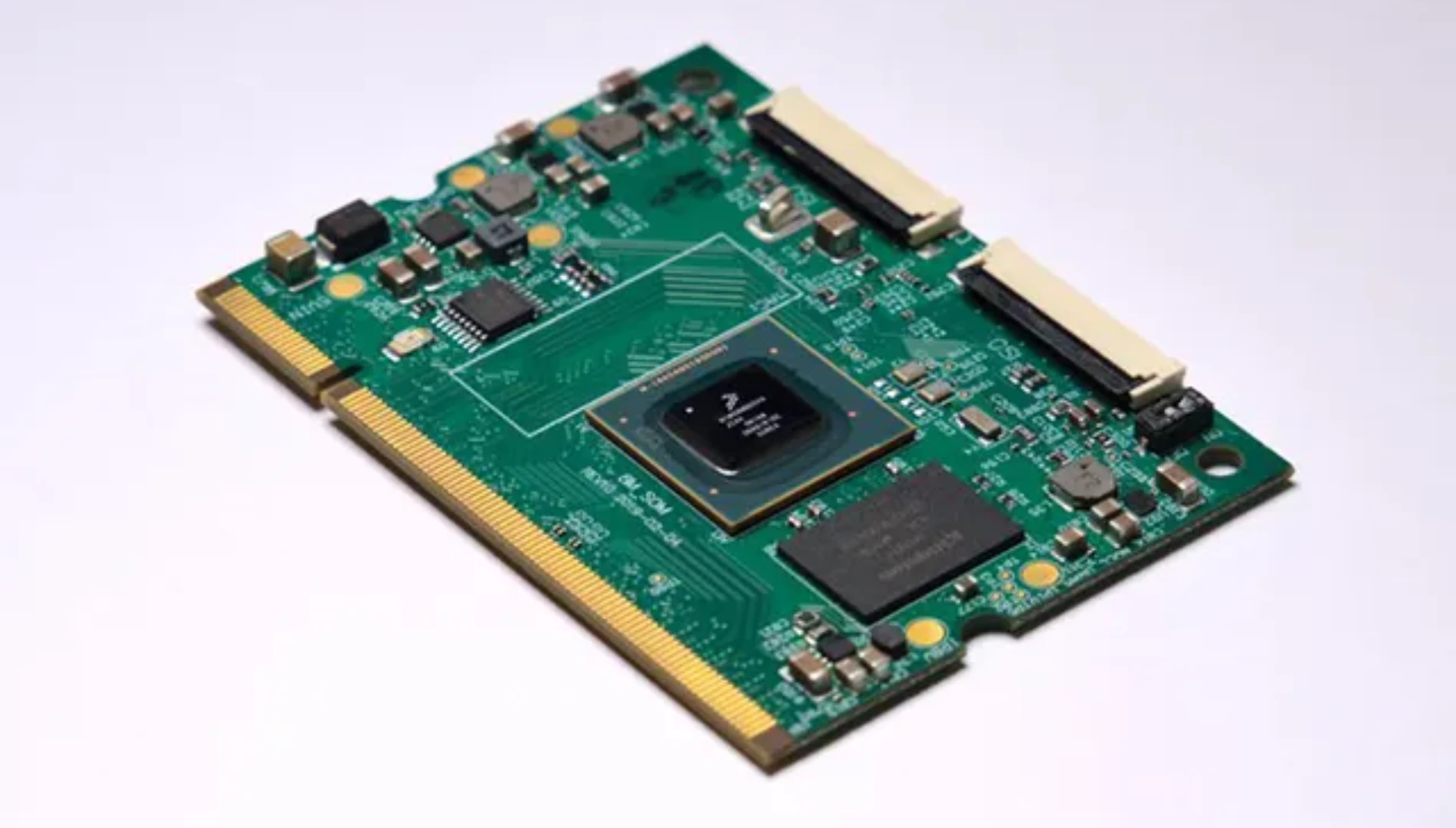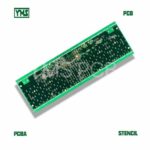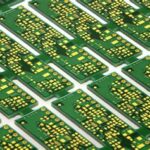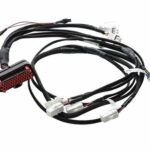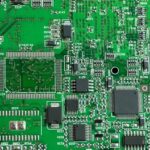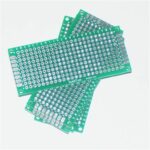Introduction
In a world where technology is increasingly centralized and proprietary, the concept of open-source hardware is a breath of fresh air. The MNT Reform, a DIY laptop project, stands out as a shining example of this philosophy, offering users the freedom to build, modify, and truly own their computing devices. This article delves into the fascinating world of the MNT Reform, exploring its origins, features, and the profound impact it could have on the tech industry.
The Birth of MNT Reform
The MNT Reform project was born out of a desire to create a truly open-source laptop that would empower users to take control of their hardware. Initiated by a group of passionate developers and hardware enthusiasts, the project aimed to challenge the traditional model of closed-source, proprietary laptops that often limit user freedom and customization.
The Philosophy Behind MNT Reform
At the core of the MNT Reform project lies a strong belief in the principles of open-source hardware. The team behind the project believes that users should have the right to understand, modify, and repair their devices without restrictions. This philosophy stands in stark contrast to the practices of many mainstream laptop manufacturers, who often employ tactics that hinder user control and repair.
Features of the MNT Reform
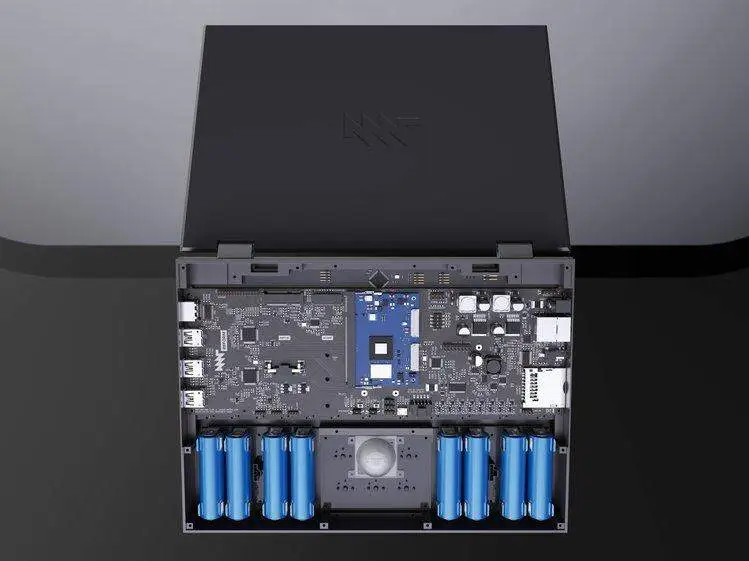
The MNT Reform laptop is a true embodiment of open-source principles, offering a range of unique features that set it apart from conventional laptops.
1. Fully Modular Design
One of the standout features of the MNT Reform is its modular design. The laptop is designed to be easily disassembled and reassembled, allowing users to replace or upgrade individual components as needed. This modular approach not only extends the lifespan of the device but also encourages user experimentation and customization.
2. Open-Source Hardware and Software
The MNT Reform is built using open-source hardware and software, ensuring transparency and accessibility for users. Every component, from the mainboard to the peripherals, is designed with open-source principles in mind, allowing users to study, modify, and improve upon the existing designs.
3. User-Friendly Documentation and Community Support
To facilitate user engagement and knowledge sharing, the MNT Reform project provides comprehensive documentation and a vibrant community of enthusiasts. Users can access detailed guides, schematics, and tutorials, empowering them to understand and maintain their devices. Additionally, the project’s online forums and chat channels foster collaboration and knowledge exchange among users worldwide.
4. Ethical and Sustainable Practices
The MNT Reform project places a strong emphasis on ethical and sustainable practices. The team prioritizes the use of conflict-free materials and environmentally friendly manufacturing processes. Furthermore, the project encourages the recycling and repurposing of components, reducing e-waste and promoting a circular economy.
The Potential Impact of MNT Reform
The MNT Reform project has the potential to disrupt the traditional laptop market and challenge the dominance of proprietary hardware. By embracing open-source principles, the project could pave the way for a more transparent, user-friendly, and sustainable computing landscape.
1. Empowering Users and Fostering Innovation
By providing users with complete control over their devices, the MNT Reform encourages a culture of innovation and experimentation. Users are free to modify and adapt their laptops to suit their specific needs, fostering creativity and problem-solving skills.
2. Encouraging Repair and Longevity
The modular design and open-source nature of the MNT Reform make it easier for users to repair and extend the lifespan of their devices. This approach not only reduces e-waste but also promotes a more sustainable and cost-effective way of computing.
3. Promoting Transparency and Trust
Open-source hardware and software offer a level of transparency that is often lacking in proprietary systems. By making the inner workings of the MNT Reform accessible to all, the project fosters trust and accountability, ensuring that users can verify the integrity and security of their devices.
4. Fostering Community and Collaboration
The MNT Reform project thrives on community engagement and collaboration. By bringing together developers, hardware enthusiasts, and end-users, the project creates a fertile ground for knowledge sharing, problem-solving, and collective innovation.
Frequently Asked Questions (FAQs)
- Is the MNT Reform laptop difficult to assemble? The MNT Reform is designed with user-friendliness in mind. While some basic technical knowledge is required, the project provides comprehensive documentation and community support to guide users through the assembly process.
- Can the MNT Reform run mainstream operating systems like Windows or macOS? The MNT Reform is primarily designed to run open-source operating systems like Linux distributions. However, with the right hardware compatibility and software configuration, it may be possible to run other operating systems, although this is not the primary focus of the project.
- How does the performance of the MNT Reform compare to mainstream laptops? The performance of the MNT Reform can vary depending on the specific hardware components used. However, with the ability to customize and upgrade components, users can tailor the performance to their needs, potentially matching or even exceeding the capabilities of mainstream laptops.
- Is the MNT Reform suitable for gaming or resource-intensive tasks? While the MNT Reform is not specifically designed for gaming or resource-intensive tasks, its modular nature allows users to configure the hardware to meet their specific requirements. With the right components, such as powerful GPUs and CPUs, the MNT Reform can be tailored for gaming or other demanding applications.
- How can I contribute to the MNT Reform project? The MNT Reform project welcomes contributions from the community in various forms. Developers can contribute to the open-source software and hardware designs, while users can provide feedback, report issues, and share their experiences. Additionally, individuals with expertise in hardware, documentation, or community management are encouraged to get involved.
Conclusion
The MNT Reform is a remarkable project that embodies the spirit of open-source hardware and user empowerment. By offering a fully modular, customizable, and transparent laptop, the project challenges the status quo and paves the way for a more sustainable and user-centric computing experience. As the demand for ethical and transparent technology continues to grow, initiatives like the MNT Reform could play a crucial role in shaping the future of the tech industry.
